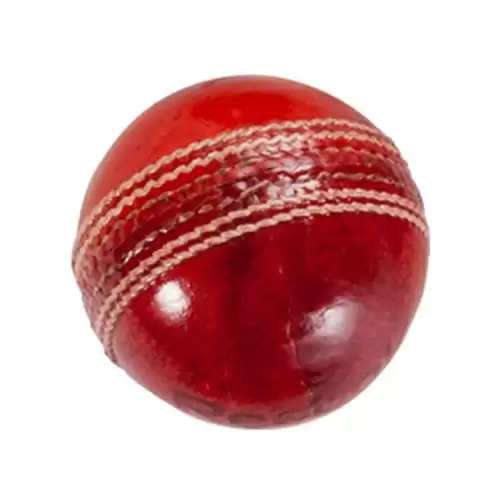Most of us have watched cricket for years together. However, do you know that there are certain rules that may be unknown to most of us. Since cricket relies a lot on technicality and nuances, there are so many rule that the umpire needs to know. However, we reveal a few of them for you. How many of these did you know?
No appeal, no dismissal
When you’re bowling and the ball hits the pad or goes up and is caught in a 50-50 decision, and then you can only get the wicket if you appeal. Weird as it may sound, if you do not appeal for something that could actually be a wicket, then you will not receive any decision in your favour. Already it seems like the game is moving towards a more batsman-friendly type of ethos and this situation does not help the fielding team in any way.
Ariel interference means dead ball
If you’re batting and hit the ball really high in the air, it will be deemed a dead ball if it hits say, maybe the roof or the spider-cam that is present. So if a batsman smashes the ball really high and what could obviously have been a huge six, becomes a dead ball and that means you will need to bowl the ball again. This can also affect the fielding team as an assured catch could be deemed a dead ball for the silliest of reasons.
Forfeiting the second innings
In a Test match, if the captain of the squad is satisfied with the first innings score of his team, he can waive away the right to play a second innings. This option can be taken by the captain alone and if he feels that his team can bowl out the other in their second innings, and they don’t, they stand the risk of losing the match. This rule was introduced to aid more fruitful games rather than draws though captains never take this decision.
Penalties
When the bowling team ends up hitting say, the helmet of the keeper or a fielder that is not in play that means that the batting team is awarded five runs automatically. The same rule applies if the bowling team deliberately tampers with the ball or spoils the pitch. It applies for the batsmen too.
Hitting the ball twice
As a batsman, if you deliberately hit the ball two times, then you are liable to be dismissed out. However, the contact made needs to be deliberate and not by mistake. The second hit however needs to be taken only if it is done to prevent injury.

